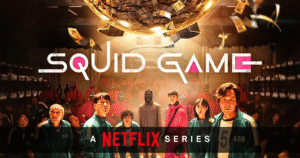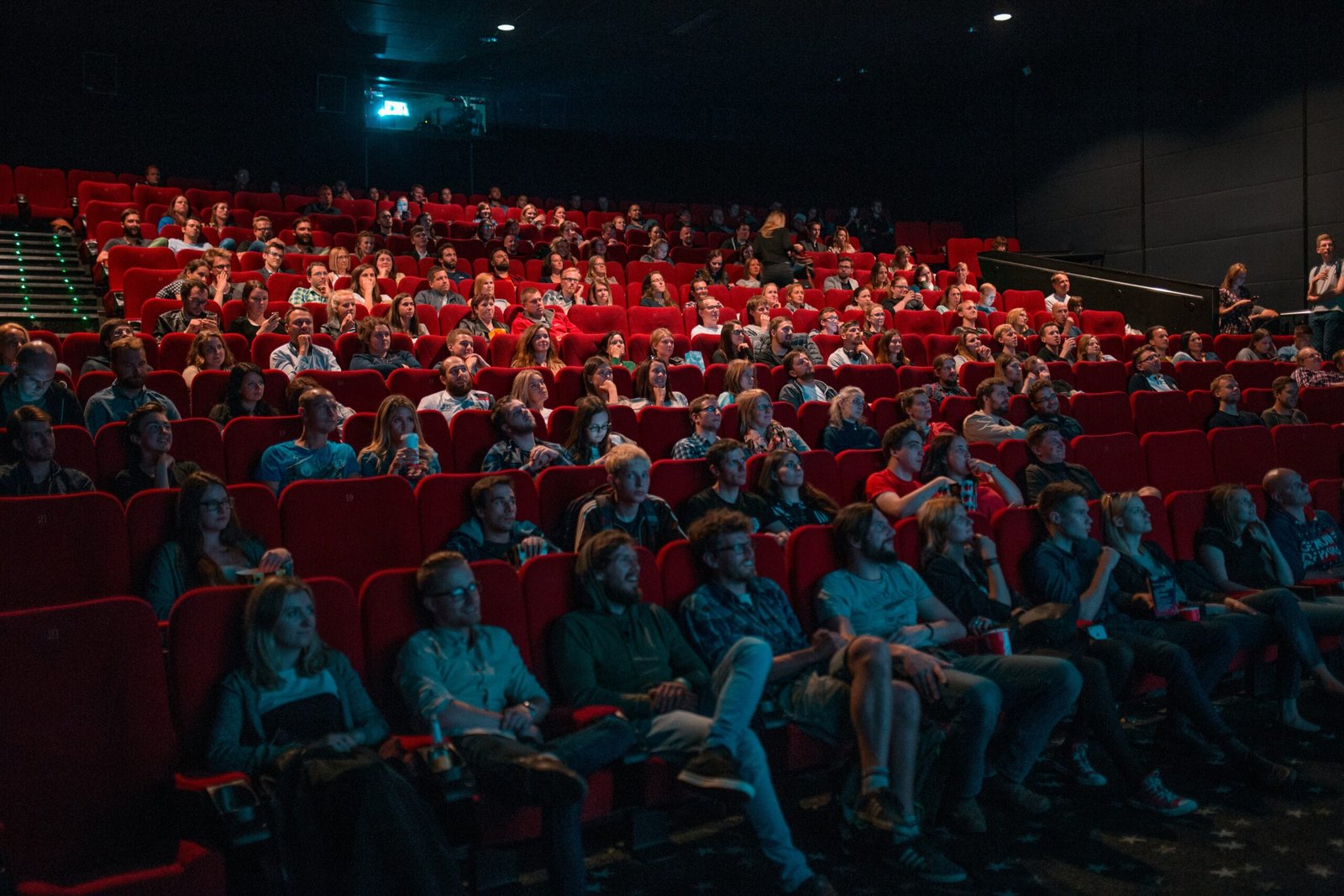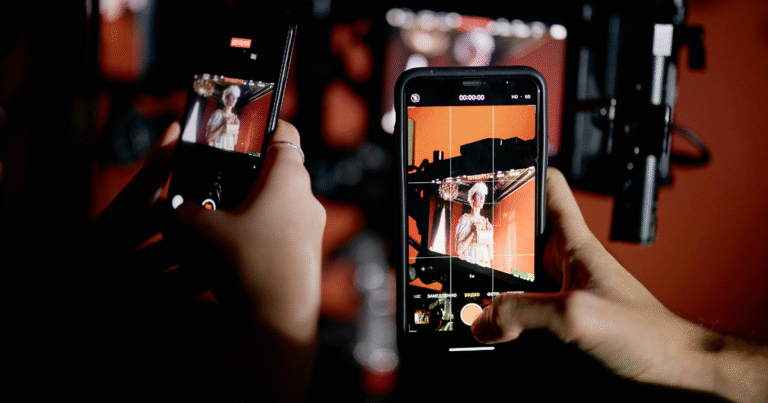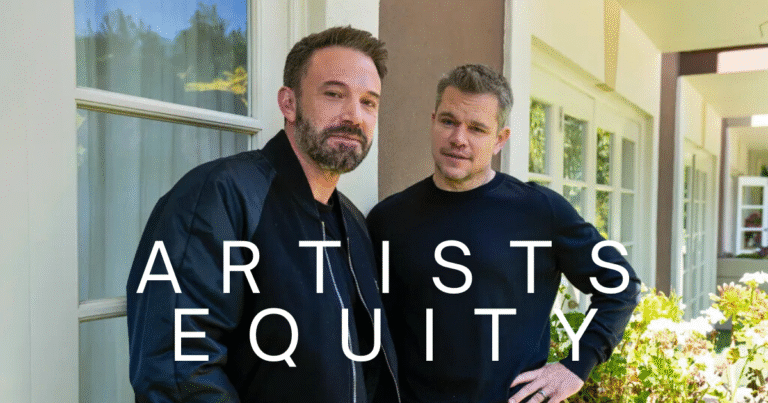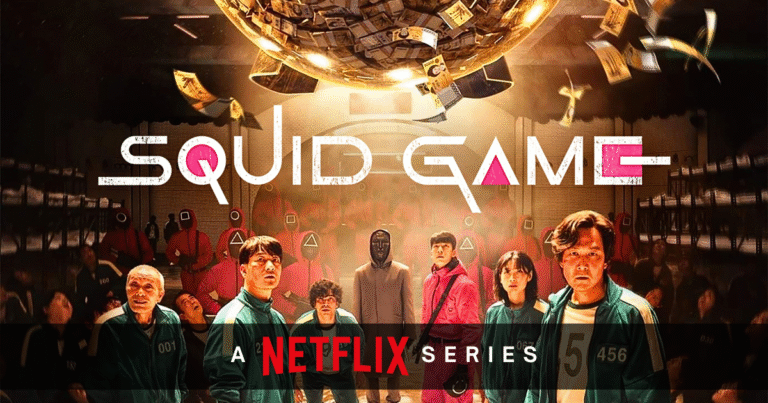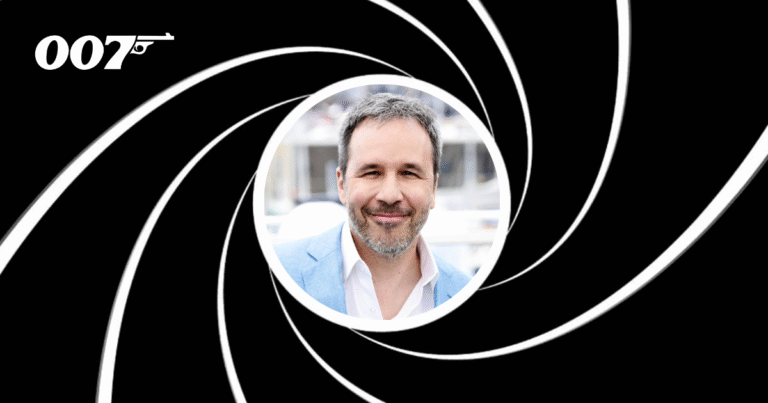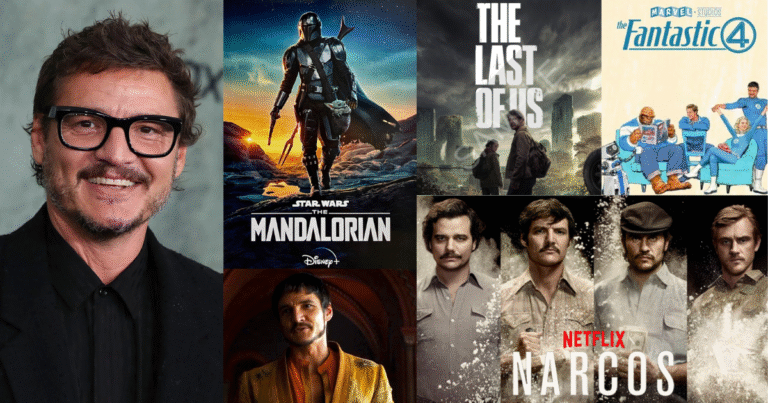There’s something special about going to the movies. Sure, we can now watch films on our phones, tIn today’s world of endless streaming options and home entertainment systems, you might wonder if movie theatres still matter. With the ability to watch almost any film from the comfort of your couch, why would anyone bother going out to see a movie? But despite these conveniences, theatres continue to draw crowds year after year. There’s something about the theatrical experience that simply cannot be replicated at home. Let’s explore what makes watching movies in theatres such a special experience that continues to captivate audiences around the world.
The Theatre Experience: More Than Just a Movie
Walking into a movie theatre feels different from clicking “play” on your TV. It’s an occasion, a mini-event in your life. You might plan your day around it, coordinate with friends, or treat yourself to a solo adventure. Whatever form it takes, going to the movies represents a deliberate choice to step outside your regular routine.
The theatre itself welcomes you with its distinctive atmosphere – the smell of popcorn, the dimmed lighting, the hushed anticipation as people find their seats. These sensory elements have become part of our cultural memory, triggering excitement before the film even begins. There’s a ritual to it all: buying tickets, perhaps standing in line for snacks, finding the perfect seat, and settling in as the lights gradually dim.
This ritual aspect shouldn’t be underestimated. In our increasingly casual, on-demand world, having experiences that feel special and separate from our everyday lives adds richness to our existence. A theatre visit creates a clear boundary between regular life and entertainment time in a way that watching at home often fails to do.
The Technical Superiority of the Big Screen
Movie theatres invest heavily in technology designed to maximize visual and audio impact. The massive screens show details that might be missed on smaller displays, while professional-grade projection systems deliver clarity and color accuracy that most home setups cannot match.
Consider a film like “Dune” or “Avatar” – these visual spectacles were created with theatrical viewing in mind. The sweeping landscapes, intricate designs, and subtle visual details appear as the filmmakers intended them to be seen. Epic moments feel truly epic on a screen that towers above you.
The sound experience in theatres is equally important. Modern cinemas feature sophisticated audio systems that can precisely position sound effects, music, and dialogue throughout the space. When a character whispers from off-screen or a spaceship flies overhead, you don’t just hear it – you can sense exactly where it’s coming from. This spatial audio creates a level of immersion that standard home speakers rarely achieve.
Even the best home theatre setups struggle to replicate this combination of visual scale and sound precision. There’s simply no comparison between watching an action sequence on a 65-inch TV versus experiencing it on a 50-foot screen with perfectly calibrated surround sound that physically reverberates through your body.
Deep Immersion: The Power of Focused Attention
Perhaps the most underrated aspect of theatre viewing is the enforced focus it creates. At home, distractions abound – notifications pop up, family members walk through, and the pause button beckons whenever concentration wavers. These interruptions fragment the viewing experience, often preventing us from fully engaging with the story.
In contrast, a movie theatre creates what psychologists might call a “flow state” environment. The darkened room eliminates visual distractions. The social expectation to remain quiet and attentive (with phones tucked away) removes technological interruptions. Even the physical seating arrangement – all chairs facing forward toward a commanding screen – directs attention exactly where it should go.
This focused environment allows you to lose yourself in the narrative completely. When watching complex or emotionally nuanced films, this uninterrupted attention leads to deeper understanding and stronger emotional responses. You catch subtle facial expressions, background details, and thematic elements that might be missed during distracted home viewing.
The Communal Magic of Shared Emotions
Humans are social creatures by nature. We respond differently when experiencing something as part of a group rather than individually. Movie theatres tap into this fundamental aspect of human psychology, creating shared emotional experiences that amplify our responses.
Think about comedy films – a joke that might earn a small chuckle when watched alone can trigger uncontrollable laughter when experienced in a theatre full of people. Horror movies feel scarier when you hear others gasping or jumping alongside you. Dramatic moments carry more weight when you sense the collective emotional response of the audience.
These shared reactions create memorable moments that become part of how we remember and relate to films. Many moviegoers can recall specific audience reactions that enhanced their viewing experience – the shocked silence after a plot twist, the collective cheering during a hero’s triumph, or the unified sniffle during a touching scene.
This communal aspect also creates cultural touchpoints. When a blockbuster film releases, millions experience it within the same timeframe, generating conversations, memes, and shared references that bind us together. This cultural synchronicity happens less naturally with streaming releases, where viewing is fragmented across weeks or months.
Supporting the Art Form and Industry
Beyond the personal benefits, watching films in theatres directly supports the continuation of cinema as an art form. Box office revenue still determines which types of films get made and which filmmakers receive opportunities for future projects.
Many directors still create with the theatrical experience in mind. They make artistic choices based on how their work will appear on a large screen with professional sound systems. When audiences choose to experience these films as intended, they validate these creative decisions and encourage similar artistic ambition in future productions.
Theatre attendance also supports an entire ecosystem of workers – from the local employees at your neighborhood cinema to the thousands of people involved in film production. By purchasing tickets, you help sustain an industry that provides both entertainment and livelihoods for countless individuals.
A Psychological Reset Button
In our constantly connected lives, finding opportunities for true mental breaks becomes increasingly valuable. A movie theatre offers a rare combination of factors that create ideal conditions for psychological refreshment.
When you step into a theatre, you enter a space dedicated solely to storytelling. For those two hours, you have permission to forget deadlines, responsibilities, and worries. The darkened environment, comfortable seating, and immersive presentation all encourage a mental state similar to meditation – focused attention on the present moment without external concerns.
This mental reset can have genuine psychological benefits. Studies have shown that immersive entertainment experiences can reduce stress hormones and increase positive emotions. In essence, movie theatres offer a form of accessible mental health support, providing brief but meaningful escapes from life’s pressures.
Preserving Special Memories
Theatre visits often become associated with personal memories and milestones. Many people can recall their first theatrical movie experience, the film they saw on their first date, or special outings with family members. These memories attach themselves to the complete experience – not just the film itself but the journey to the theatre, the company you kept, and the conversations afterward.
Parents introducing children to their first theatrical movie create multi-generational traditions. Friends bonding over shared theatrical experiences build connections that last decades. Couples remember anniversary movie dates long after the plot details have faded.
These memory associations give theatrical viewing an emotional weight that home viewing rarely achieves. When we remember watching a particular film, we often remember where we saw it and who we were with – context that enriches our relationship with cinema.
A Timeless Tradition Worth Preserving
As technology continues advancing, offering ever more convenient ways to consume content, movie theatres remain remarkably resilient. This staying power isn’t mere nostalgia or resistance to change – it reflects the enduring value of the theatrical experience itself.
The magic of movie theatres lies in their ability to transform storytelling into a complete sensory and social event. They create spaces where we can disconnect from our fragmented digital lives and reconnect with stories, emotions, and each other. They remind us that some experiences are worth setting aside time for, worth leaving home for, worth being fully present for.
In a world increasingly dominated by algorithms and personalized content streams, theatres offer something wonderfully human: the chance to gather with strangers in the dark, collectively hold our breath, laugh until we cry, or sit in stunned silence as stories unfold before us on a scale that matches their emotional impact.
That shared journey into imagination isn’t just nostalgic – it’s timeless. And that’s why, despite every technological advancement, the magic of movie theatres continues to draw us in, one darkened room at a time.
